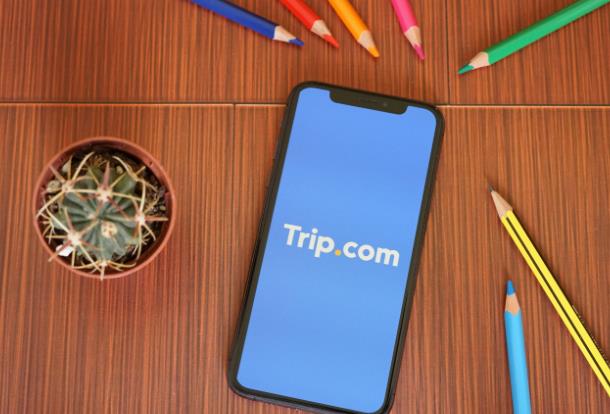Booking.com sent notices to its tours, activities and attractions partners that it is terminating their contracts as of June 30, Skift has learned.
The contract terminations are a precursor to Booking.com handing the keys to much of its experiences business to TUI’s Musement and eventually additional strategic partners, as Skift exclusively reported in early March, and as announced by Booking.com and Musement this week.
The strategy shift began late last year. Before then, Booking.com had been trying to build its own tours and activities business, anchored by its 2018 acquisition of tours’ distribution provider FareHarbor, and found the competition too stiff, and the build-your-own strategy too tough.
The deal to sign TUI’s Musement as Booking.com first new strategic partner in the experiences sector is a big win for Musement, which may now be able to start to challenging bigger players such as Viator, GetYourGuide, and Klook, especially in Europe.
According to a source close to Booking.com, one factor that contributed to the Booking.com-Musement deal coming together was that Musement would be required to share tours and activities supplier leads with Booking.com’s FareHarbor, a tactic that would be reprehensible to some operators.
“The problem comes in when Musement is sharing thousand of leads with FareHarbor, including contact people and booking system details, and FareHarbor contacts those suppliers and convincing them to leave the Rezdy’s and Bokun/Tripadvisor and those players,” the source said.
Bob Gilbert, formerly head of business development in the United States for FareHarbor competitor Rezdy, expressed similar concerns.
But Gilbert argued that lead-sharing, after the Covid-19 crisis, is possibly a new strategy.
Will the transition from direct contracts with Booking.com to pacts with Musement instead include a new business model or terms? Riecken didn’t get into the details. “We already work with multiple partners and intend to contract additional suppliers on the Musement platform and distribute them through Musement, TUI, Booking.com and our other distribution channels,” he said.
Booking.com hasn’t confirmed or denied the lead-sharing arrangement.
“The decision to use another OTA (online travel agencies) to power tour and attraction content indicates that Booking may pursue a more ‘hands-off’ strategy with experiences, an approach it has adopted with other non-accommodation travel products,” the Arival story said. “Booking.com has used Kayak, Priceline, or other travel sites owned by its corporate parent for flights.”
Read original article




